Rooz Mahdavian
Grapevine: A Wine Prediction Algorithm Using Multi-dimensional Clustering Methods
Jun 29, 2018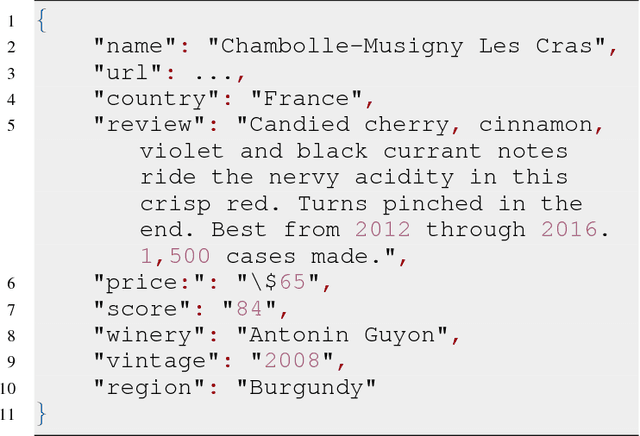
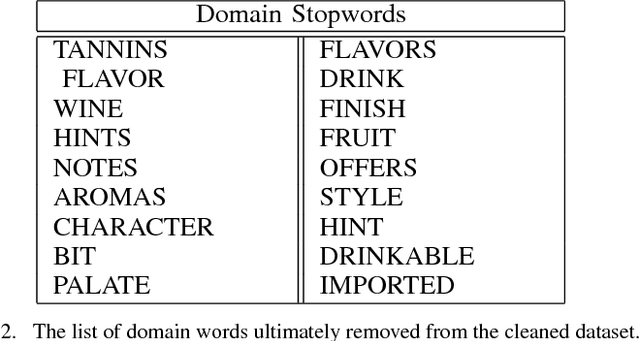
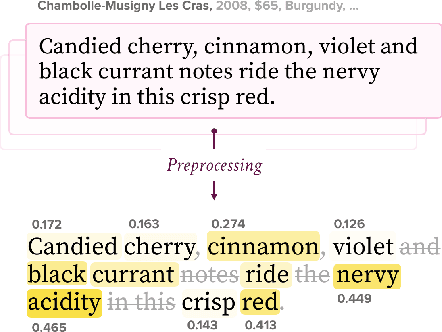
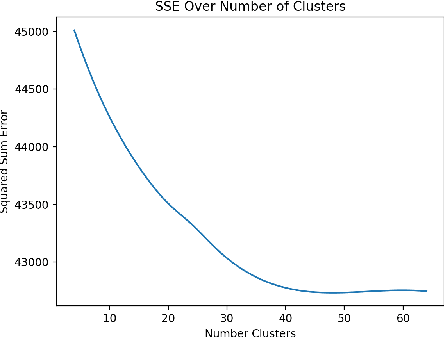
Abstract:We present a method for a wine recommendation system that employs multidimensional clustering and unsupervised learning methods. Our algorithm first performs clustering on a large corpus of wine reviews. It then uses the resulting wine clusters as an approximation of the most common flavor palates, recommending a user a wine by optimizing over a price-quality ratio within clusters that they demonstrated a preference for.
Ignition: An End-to-End Supervised Model for Training Simulated Self-Driving Vehicles
Jun 29, 2018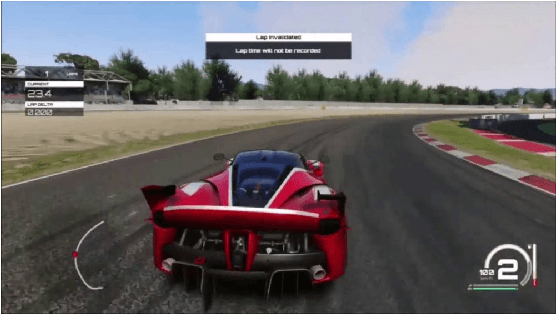
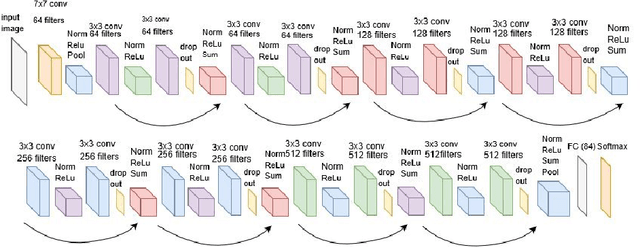
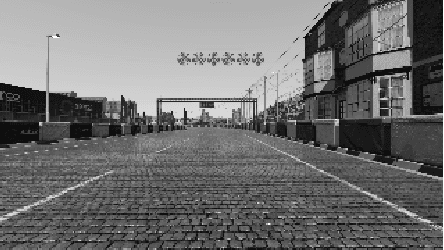
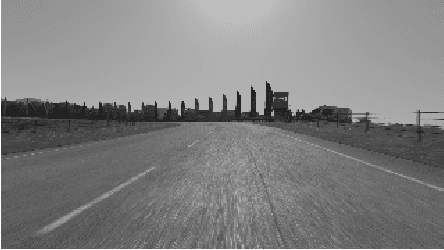
Abstract:We introduce Ignition: an end-to-end neural network architecture for training unconstrained self-driving vehicles in simulated environments. The model is a ResNet-18 variant, which is fed in images from the front of a simulated F1 car, and outputs optimal labels for steering, throttle, braking. Importantly, we never explicitly train the model to detect road features like the outline of a track or distance to other cars; instead, we illustrate that these latent features can be automatically encapsulated by the network.
Theory of Machine Networks: A Case Study
Jun 26, 2018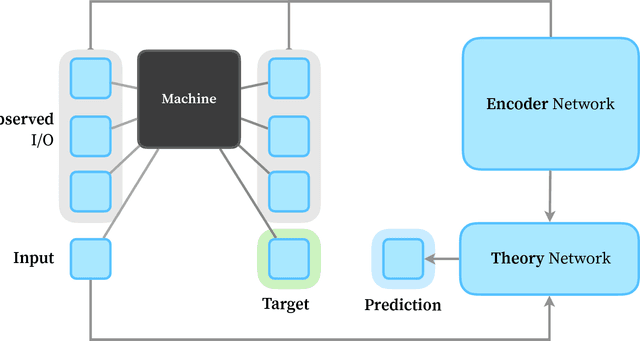
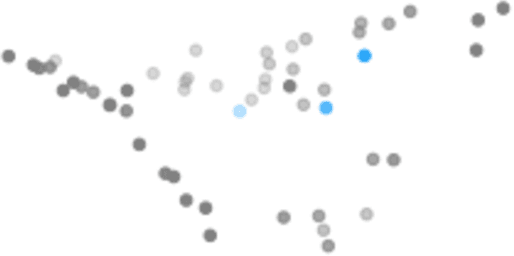
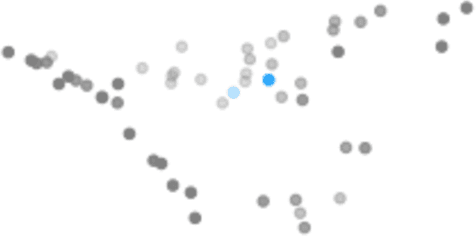

Abstract:We propose a simplification of the Theory-of-Mind Network architecture, which focuses on modeling complex, deterministic machines as a proxy for modeling nondeterministic, conscious entities. We then validate this architecture in the context of understanding engines, which, we argue, meet the required internal and external complexity to yield meaningful abstractions.
 Add to Chrome
Add to Chrome Add to Firefox
Add to Firefox Add to Edge
Add to Edge